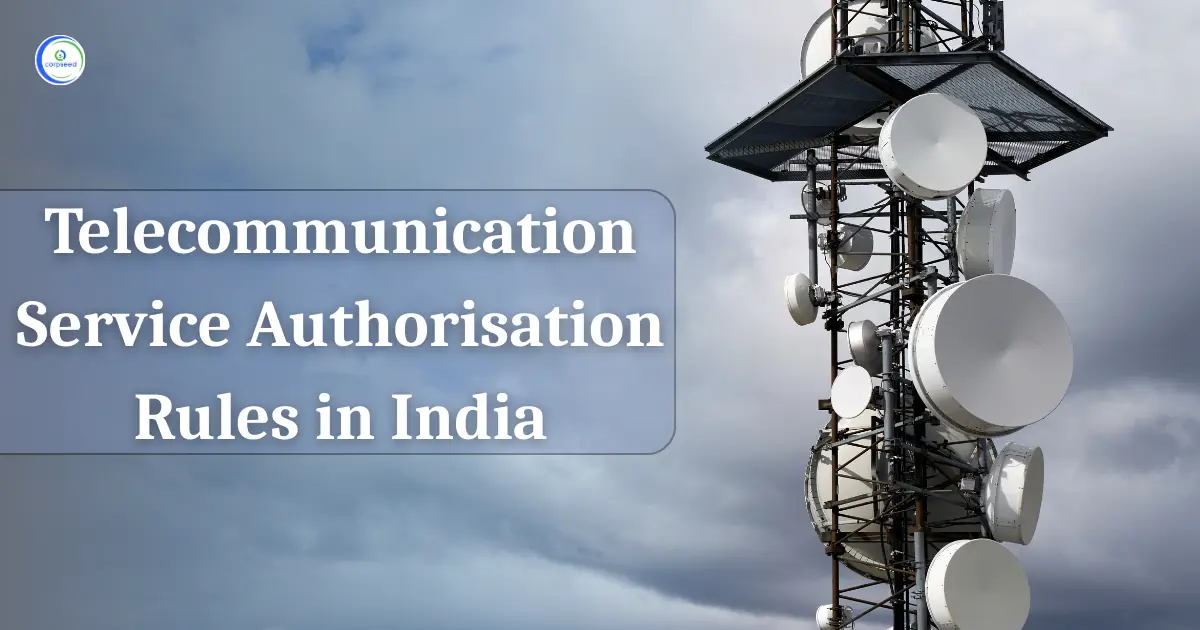In the financial world, trust depends on clear and verified information. Before a business deals with banks, handles international payments, or enters regulated markets, it must show exactly who it is. To make this easier and uniform across countries, the Legal Entity Identifier (LEI) system was created. This unique identifier for your company permits regulators and financial institutions to identify quickly, reducing confusion, preventing fraud, and making compliance smoother. Today, having an LEI has become almost essential for companies, big or small, that deal with the financial world.
Table of Contents
What is an LEI Number?
A Legal Entity Identifier (LEI) is a globally recognised 20-character code allocated to businesses, LLPs, partnerships, trusts, and any entity involved in financial transactions. It serves as a digital identity that ensures a business’s legal status, structure, and background in a standardised format.
With an LEI, banks and regulators can simply confirm the entity’s authenticity, ownership details, and registration information, which minimizes errors and boosts transparency in financial dealings. The system is monitored by the Global Legal Entity Identifier Foundation (GLEIF), ensuring consistency and worldwide acceptance. Because of its credibility, the LEI has become an important tool for safe and accurate business identification across global markets.
Purpose of Legal Entity Identifier
A Legal Entity Identifier acts as a worldwide reference point for classifying companies in global financial systems. It mitigates confusion caused by distinct naming styles, numerous registration numbers, or similar business names.
- Key Purposes of LEI Ensure Consistent Global Identification: The LEI number enables businesses to be identified reliably across international markets. It eliminates confusion caused by similar company names and makes a standard global recognition system.
- Improves Financial Transparency Worldwide: With an LEI, regulators can simply track financial activities and understand ownership patterns. This encourages fair practices, reduces hidden risks, and safeguards markets from suspicious or unverified entities.
- Reduces Chances of Fraud in Transactions: LEI makes verification process easy. Banks and institutions can immediately ensure the legitimacy of a business, lowering fraud risk and building trust between parties engaged in financial dealings.
- Supports Accurate Risk Assessment for Institutions: Financial bodies use LEI data to check creditworthiness, ownership layers, and past compliance records. It helps them evaluate risks correctly and make informed decisions during transactions.
- Simplifies Regulatory Reporting for Companies: Many reporting systems now need LEI. With one identifier, companies can file reports accurately and prevent errors due to mismatched or unclear company details in global databases.
- Strengthens Cross-Border Compliance Processes: LEI helps businesses comply with international compliance rules smoothly. It ensures global regulators receive clear and uniform information, mitigating the chances of delays or non-compliance penalties.
--------------Blog Contact Form-------------
What Are the Benefits of an LEI Number?
The LEI system offers benefits that directly impact bank relationships, global trade, investment access, and compliance effectiveness. It is no longer limited to large companies, even smaller businesses gain value from it, especially if they deal with financial institutions frequently. The following are the most meaningful benefits that make LEI crucial for modern businesses.
- Boosts Trust between Financial Institutions and Businesses: Banks use LEI to authenticate the legal identity of entities quickly. This encourages trust, speeds up approvals, and minimizes document-related delays for payments, loans, and investment activities.
- Helps Avoid Transaction Failures in Global Payments: Several international payment systems need LEI. Using the identifier prevents transaction rejections, ensures smooth processing, and helps businesses dodge unnecessary delays in receiving or sending funds abroad.
- Improves Access to Investments and Capital Markets: Companies with an LEI can participate in buying securities, trading instruments, or raising investments through regulated markets. Without an LEI, numerous financial platforms do not let participation.
- Supports Better Corporate Governance and Compliance: LEI makes company ownership structures transparent. This helps regulators and institutions understand who controls the business, reinforcing governance standards and minimizing risks of hidden ownership.
- Reduces Time and Cost Spent on Verification: With LEI, verification becomes automated and standardized. Banks and agencies spend less time checking documents, which helps businesses save both cost and effort during compliance checks.
- Enhances Reputation in Global Business Ecosystems: Holding a valid LEI shows a company is responsible, compliant, and transparent. This improves credibility and creates stronger reputational value when dealing with international partners and stakeholders.
Who Needs an LEI Number?
Any business or legal entity engaged in financial transactions or regulated activities may require an LEI. Companies that buy or sell securities, request international payments, or work with global banks need it mandatorily. In India, entities such as private limited companies, public companies, LLPs, trusts, NBFCs, insurance firms, and large borrowers must secure an LEI based on RBI and SEBI rules. Even smaller businesses that send or receive cross-border payments benefit from having one, as many payment platforms have made it mandatory.
In simple words, if an entity interacts with regulated financial markets in any way, it will eventually need an LEI to continue operations without restrictions.
Regulatory Mandates Related to LEI in India
India has adopted the LEI system across multiple sectors to improve transparency and reduce financial misconduct.
- RBI needs LEI for large corporate borrowers, cross-border transactions, participating entities in non-derivative markets, and for high-value transactions.
- SEBI orders LEI for companies trading in securities, OTC derivatives, and other regulated financial instruments.
- IRDAI requires insurance companies and intermediaries to get a LEI for particular reporting and risk-related compliance.
- These mandates confirm that India meets global standards and maintains a reliable financial ecosystem.
How to Register for an LEI?
Getting an LEI is a simple online process. A business simply needs its basic documents and correct legal information. Registration can be done through authorised Local Operating Units (LOUs) recognised by GLEIF. The following is the step-by-step process:
- Choose an accredited LEI provider: Choose a trusted LOU or registration agent approved to issue LEI numbers.
- Fill in the online application: Provide details like company name, CIN/LLPIN, registered address, and ownership information.
- Upload required documents: Submit incorporation documents, address proof, and any legal papers needed for verification.
- Make the payment: Pay the issuing or renewal fee, which depends on the provider and duration.
- Verification of information: The provider checks the submitted details using public records or documents.
- Receive the LEI number: Once verified, the 20-character LEI is issued usually within 24 to 48 hours.
Conclusion
The LEI number has become a powerful global identity tool for businesses that operate in regulated markets or international financial systems. It supports transparency, builds trust, and ensures smoother transactions with banks, regulators, and global partners. Companies that have an LEI can avoid compliance issues, reduce verification delays, and strengthen their standing in international markets.
With financial regulations becoming stricter each year, obtaining an LEI is no longer a choice for most entities, it is an essential requirement. Having a valid LEI not only protects your business but also opens doors to safer and more efficient financial opportunities.
This portion of the site is for informational purposes only. The content is not legal advice. The statements and opinions are the expression of author, not corpseed, and have not been evaluated by corpseed for accuracy, completeness, or changes in the law.
BOOK A FREE CONSULTATION
Get help from an experienced legal adviser. Schedule your consultation at a time that works for you and it's absolutely FREE.








